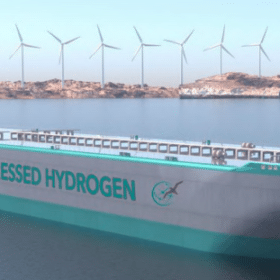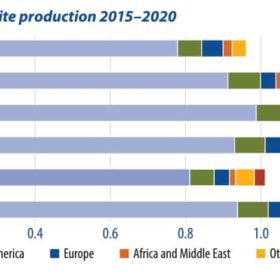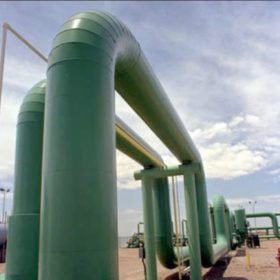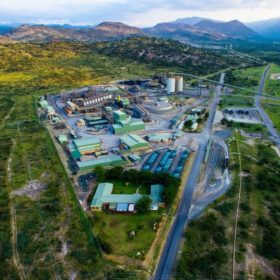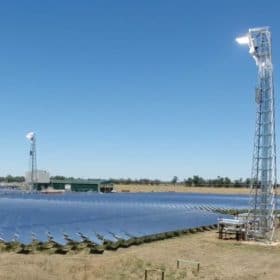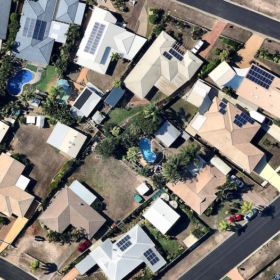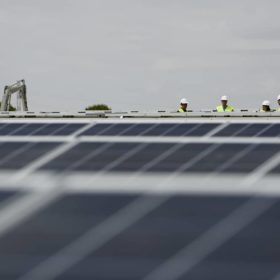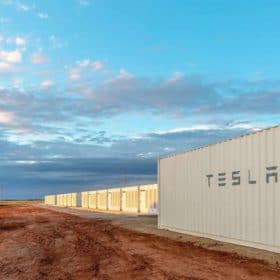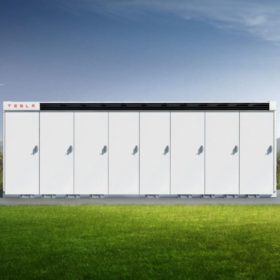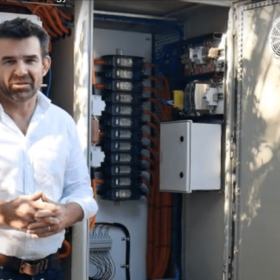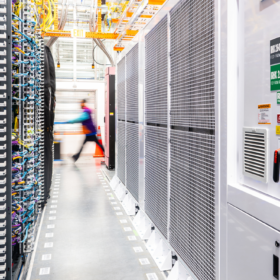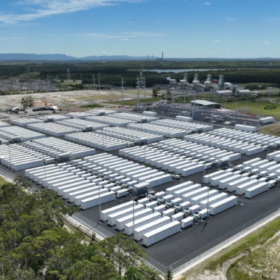How will you know it’s green hydrogen?
Thinking backwards from demand for green hydrogen, the Smart Energy Council identified that investors and customers will have to be able to trust the integrity of the product. Its world-first verification scheme, launched in late 2020 is gaining international traction.
Sunday read: the ‘other side’ of batteries
Graphite’s pivotal role in electric-vehicle battery technology is coming under increasing scrutiny. Graphite is almost exclusively produced in China, and while the processing of the mineral poses serious environmental issues, the alternatives appear costly. Ian Morse looks at what’s next for critical graphite supplies.
‘Hydrogen as a universal climate solution might be a bit of false promise’
Hydrogen and hydrogen-based fuels will not be able to move forward fast enough to replace fossil fuels and tackle climate change, according to a German-Swiss research team that claims direct electrification alternatives are cheaper and easier to implement. The scientists cite too-high prices, short-term scarcity and long-term uncertainty, as the main reasons for their skepticism, which has caused a stir in academic circles.
Green hydrogen supply chain concerns
With South Africa holding 63,000 of the world’s estimated 69,000 metric tons of platinum reserves – according to the Statista.com website – and Russia and Zimbabwe a further 5,100 between them, the European Commission has cited the metal as an example of a potential supply chain bottleneck that could handicap its grand plans for renewables-powered hydrogen production.
Vast Solar progresses plans for $600 million solar thermal plant
Australian renewable energy developer Vast Solar is calling for expressions of interest from contractors as it pushes ahead with plans to develop a $600 million hybrid solar thermal project in far western Queensland.
Smart Energy declares government missed chance to recharge home battery schemes
Solar retailer Smart Energy believes Australia’s small-scale solar PV industry has been let down by the Federal Government which has been widely criticised for the lack of funding included in the Federal Budget for the renewable energy sector.
3.3 GW renewables pipeline provides cover for coal-fired power plant closures
Record investment in solar and wind farms across the National Electricity Market has helped to quell concerns that Victoria and South Australia will face increased risk of blackouts later this decade following the impending closure of the Yallourn coal-fired power plant.
Australian battery storage assets bring French developer’s revenue down
An expected drop-off in the performance of its Australian battery energy storage assets has sparked a $24 million (€15.6 million) downturn in consolidated revenue for French renewables developer Neoen.
Tesla shifts battery chemistry for utility-scale Megapack energy storage system
The famous electric car manufacturer is reportedly shifting to cobalt-free lithium iron phosphate (LFP) batteries for its utility-scale battery.
Redflow launches itself into high-voltage grid-scale space with Energy Pod Z modules
Queensland flow battery company, Redflow, has unveiled the product it’s hoping will launch its lucrative high-voltage, high-capacity, grid-scale future: the Energy Pod Z module.
